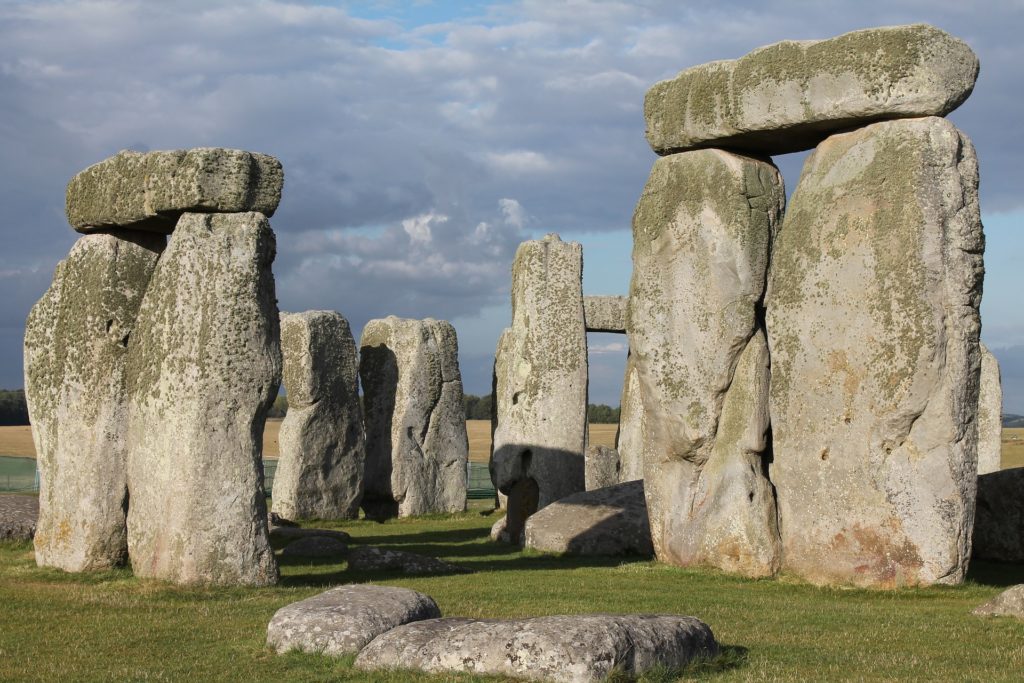CEO Coaching: Stability and Change
 Stability in business is good, but only if you’re meeting your objectives. Phrases like “operating like a well-oiled machine,” “keep the train on the tracks” and “if it ain’t broke, don’t fix it” all pay homage to stability.
Stability in business is good, but only if you’re meeting your objectives. Phrases like “operating like a well-oiled machine,” “keep the train on the tracks” and “if it ain’t broke, don’t fix it” all pay homage to stability.
In some regards, the CEO’s job is to create stability. Shareholders look for stable (and rising) growth in revenue and stock prices. Employees want a safe, stable platform to work from. Customers want to know that your product or service is predictable.
Until it doesn’t work … then the CEO’s job is to disrupt stability and create change … until there’s success — then they’re expected to create stability. Tough job description, isn’t it?!
 Defensible strategic positions are hard to come by and even harder to protect. High profits and growth attract competition and innovation — as they should! — which creates instability. In capitalism, this is how we grow and prosper, even though it causes some initial pain. Protecting down and out ideas (think coal energy) has never worked and never will.
Defensible strategic positions are hard to come by and even harder to protect. High profits and growth attract competition and innovation — as they should! — which creates instability. In capitalism, this is how we grow and prosper, even though it causes some initial pain. Protecting down and out ideas (think coal energy) has never worked and never will.
So, as a CEO, you need to embrace stability and change, and you must have skills to accomplish both. When you reach a defensible position, you want to reinforce it, stabilize it and hold on to it. But you also want to look for “the next big thing” so you can get ahead of it. As F. Scott Fitzgerald said, “The test of a first-rate intelligence is the ability to hold two opposed ideas in mind at the same time and still retain the ability to function.” You must be able to deal with ambiguity and, simultaneously, create clarity for your team.
The skills, processes and behaviors required to build stability are different from those necessary to drive change. That’s why CEOs must have both management expertise (taming complexity and building stability) as well as leadership skills (looking at the future and driving change). Sometimes it’s more about leadership, and sometimes it’s more about management.
From my experience, there are those who are more innately better-suited for stability and those better at change, but if you’re going to have a long, successful career, you better appreciate and develop competency in both!

coaches CEOs to higher levels of success. He is a former CEO and has led teams as large as 7,000 people. Todd is the author of, Never Kick a Cow Chip On A Hot Day: Real Lessons for Real CEOs and Those Who Want To Be (Morgan James Publishing).
Connect with Todd on LinkedIn, Twitter, call 303-527-0417 or email [email protected].
